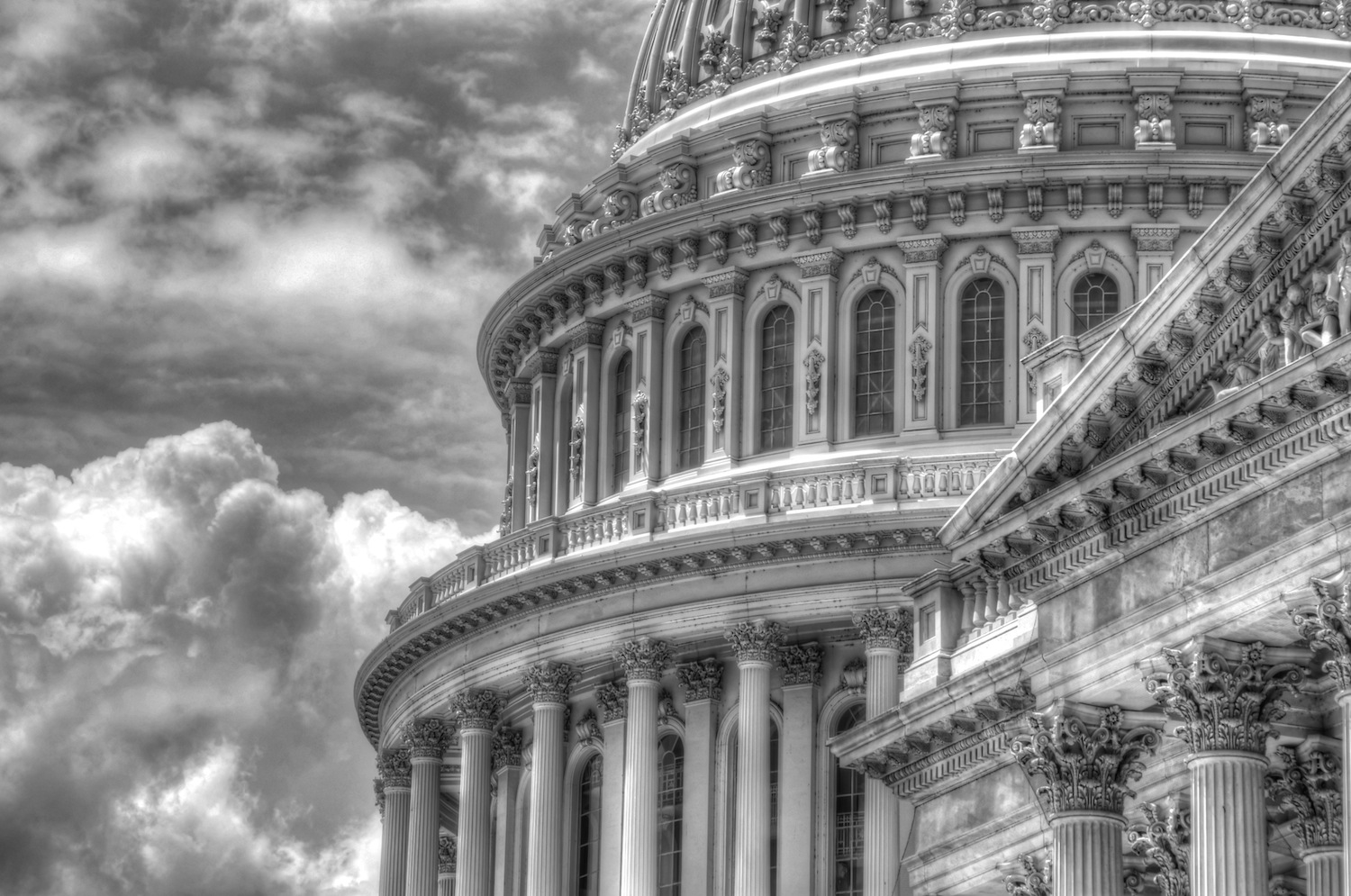The Republic's creation was not inevitable.
Its continued existence is not assured.
When the delegates to the Federal Convention assembled in Philadelphia in 1787, the success of the American experiment in self-government was in doubt. George Washington captured the prevailing sentiment in a letter to James Madison the previous November.
“Without some alteration in our political creed, the superstructure we have been seven years raising at the expense of much blood and treasure, must fall. We are fast verging to anarchy & confusion!”
Of course, the Framers would end up laying our Republic's institutional foundation in Philadelphia that summer.
When asked what he and his fellow delegates had wrought, Benjamin Franklin responded: “A republic … if you can keep it.”
At the time, the delegates could not know for sure if they had succeeded in creating a government powerful enough to preserve order, but not one so powerful that it would be able to threaten Americans' liberty. Nevertheless, they were cautiously optimistic that the product of their deliberations, the Constitution, at least had a chance to succeed where all other efforts before them had failed.
This was because the Framers' benefited in their deliberations from what Alexander Hamilton referred to in Federalist 9 as improvements in the “science of politics.”
“The efficacy of various principles is now well understood, which were either not known at all, or imperfectly known to the ancients. The regular distribution of power into distinct departments; the introduction of legislative balances and checks; the institution of courts composed of judges, holding their offices during good behavior; the representation of the people in the legislature, by deputies of their own election; these are either wholly new discoveries, or have made their principal progress towards perfection in modern times.”
The Framers believed that the process by which the government made decisions was more important, over the long run, than the actual content of those decisions. The separation of powers, federalism, legislative checks and balances, an independent judiciary, indirect representation, and regular elections were the central components of the process they devised and enshrined in the Constitution.
The Republic cannot succeed without its institutions.
The Republic's institutional foundation has proven remarkably resilient for much of its history. Yet cracks have gradually appeared over the last hundred years.
During that time, various factors have undermined the institutions that are vital to the proper working of the Republic. Yet despite this fact, we tend to consider issues like executive overreach, the breakdown in the separation of powers, atrophy of congressional power, and a politicized judiciary in the narrow context of specific policy areas.
Acknowledging those cracks makes clear that preserving the Republic requires more than simply changing public policy. The institutions that make it possible in the first place must be restored and strengthened.
Yet doing so is dependent on our ability to recognize their importance.
Mission
Through the work collected on this site, The Great Anchor hopes to make a small contribution to that effort. Its mission is to educate readers on the importance of our institutions to keeping the Republic and, by extension, to preserving our liberty.
To that end, The Great Anchor will collect my work on the Republic’s institutions in one place. The writing featured here will focus on those institutions that the Framers believed central to the process of government they devised and enshrined in the Constitution.
The Great Anchor will also analyze regularly how legislative strategy and parliamentary procedure impact policy outcomes in important political debates currently underway in Congress.
